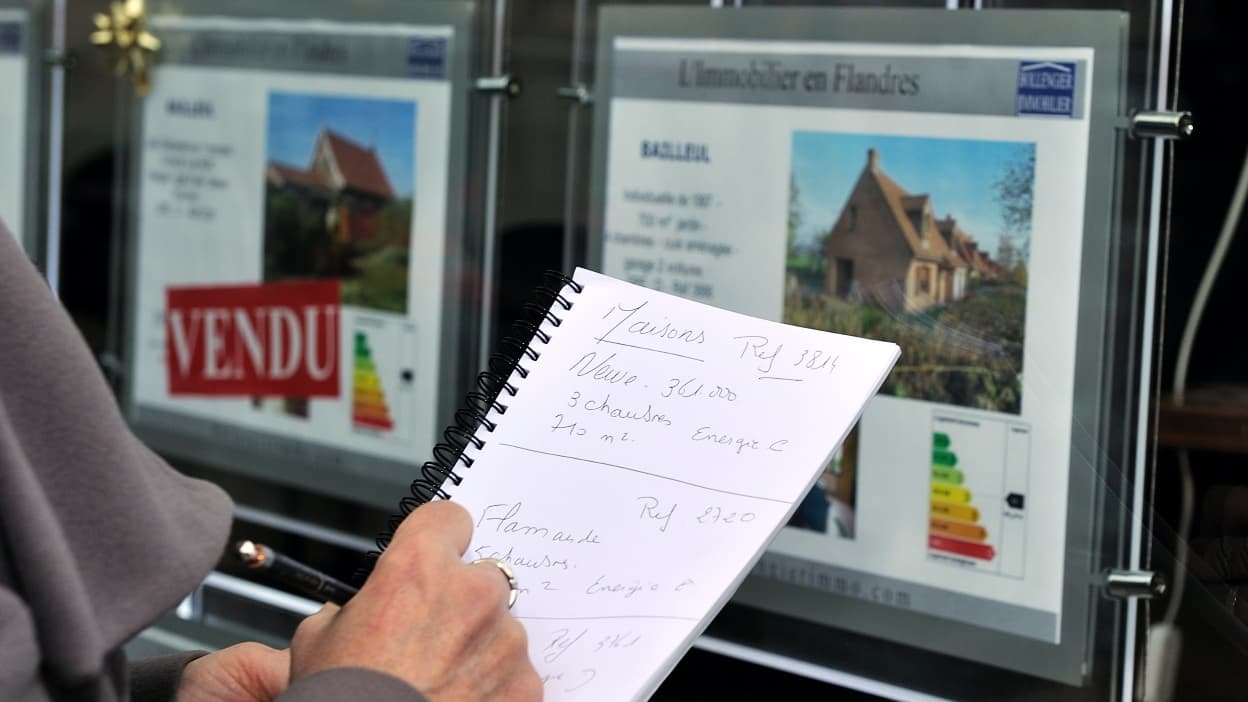
The European Union on Friday passed its fifth set of sanctions against Russia, including an embargo on imports of coal, timber, chemicals and other products representing at least 10% of exports.
These new sanctions, published Friday evening in the Official Journal, will also prevent many Russian ships and trucks from entering the EU and will ban all transactions with four Russian banks, including VTB.
The embargo on coal imports will be in full effect from the second week of August and no new contracts can be signed from Friday, when the sanctions are published in the EU’s official magazine.
Current contracts must be terminated for the second week of August, meaning Russia can continue to receive payments from the EU for its coal exports until this date†
“These latest sanctions were adopted in response to the atrocities committed by the Russian armed forces in Boutcha and other places under Russian occupation,” EU High Representative for Foreign Affairs and Security Policy Josep Borrell said in a press release.
According to the Kremlin, Western allegations that Russian troops committed war crimes by executing civilians in Bucha are a “monstrous forgery” aimed at denigrating the Russian military. The Commission estimates that the ban on Russian coal means a loss of income of EUR 8 billion per year for Russia alone.
Sanctions on 10% of the value of Russian exports
In addition to coal, the new EU sanctions ban imports of many other goods and products from Russia, including wood, cement, fertilizers, seafood and alcohol, with an estimated total value of €5.5 billion a year.
The EU has also restricted exports to Russia of a number of products, including kerosene, quantum computers, advanced semiconductors, high-end electronics, software, sensitive machinery and equipment, transport, worth a total of €10 billion per year.
According to a European official, the new sanctions cover at least 10% of the value of Russian products that the EU imports each year. They are added to those already taken on Russian steel and iron. In total, one fifth of Russian imports would therefore have to be suppressed as a result of direct sanctions.
Boutcha showed the “cruel face” of the Russian army
European Commission President Ursula von der Leyen said today that the massacre of dozens of residents of the Ukrainian city of Boutcha showed the “cruel face” of the Russian army, and pledged to help Kiev defend the “border of Europe”. .
Ursula von der Leyen, who traveled to Ukraine to show her support for Ukrainian President Volodimir Zelensky, visited Boutcha when forensic experts began exhuming bodies buried in a mass grave in an effort to determine the origin of their deaths. .
Russia, whose army occupied this city on the outskirts of Kiev for more than five weeks before withdrawing in late March, denies any responsibility for the deaths of civilians and accuses the Ukrainian authorities of staging. Speaking to the press in Boutcha, the president of the European Commission, clearly shocked by what she had seen, assured that Brussels would help Ukraine take the “necessary measures” so that it can join the European Union (EU) – a repeated request made by Volodimir Zelensky.
Isolate Russia again
†The unthinkable happened here”, said Ursula von der Leyen. “We saw the brutal face of (Vladimir) Putin’s army. We saw his irresponsibility and his cynicism during the occupation of the city.” Ukrainians “defend Europe’s border, defend humanity, defend democracy and that’s why we support them in this fight,” she added.
Images of civilian casualties in Boutcha prompted Western countries to impose new sanctions on Moscow, but just as Ursula von der Leyen and the head of European diplomacy, Josep Borrell, arrived in Kiev, a rocket was fired at a station controlled by the people of Donbass was used to flee from the fighting in eastern Ukraine fifty dead and dozens injured.
Josep Borrell, who said he hoped the EU would pledge additional aid of €500 million to Ukraine in the coming days, said this trip was also an opportunity for the EU to highlight measures designed to “isolate Russia.



